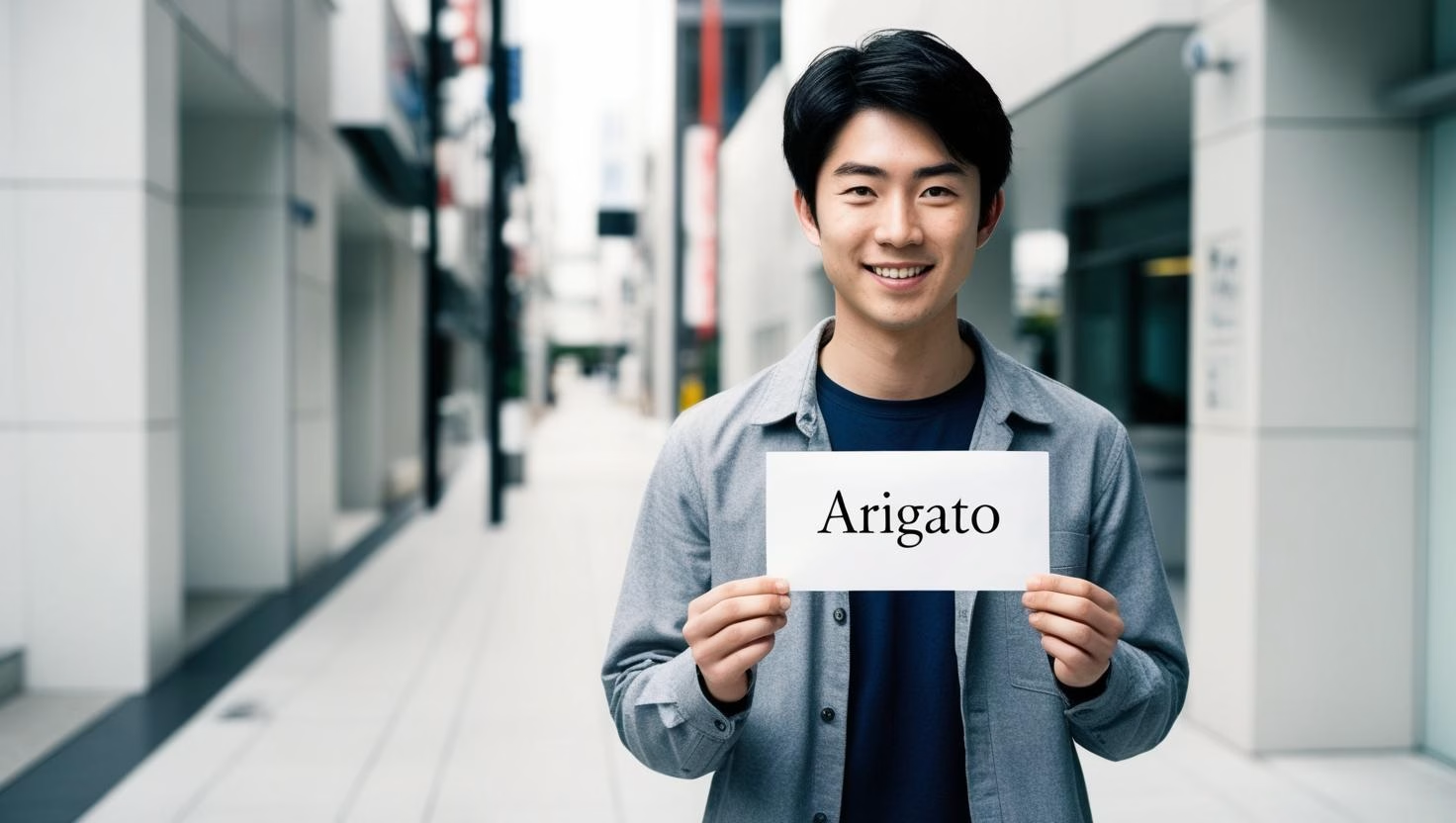We often hear the notion that Japanese people have difficulty speaking English. This notion, while common, is actually an oversimplification of a much more complex reality. It’s not that Japanese people can’t speak English at all, but that their English proficiency is—on average—lower than that of Western countries or even certain Southeast Asian countries. To understand why this is the case, we need to dig deeper, beyond stereotypes and look at the interrelated factors that shape the situation.
An Education System That Focuses on Memory, Not Communication
The reason why Japanese people cannot speak English is the lack of input/output opportunities. Input plays a vital role in learning a language. Without adequate input, one's English ability will not improve at all.
On the other hand, input alone is not enough, output also plays an important role. By doing output, one can see the gaps in knowledge and improve their abilities. English learning can be done more efficiently by focusing on output rather than focusing on input.
The Japanese education system has, for decades, emphasized memorizing grammar and vocabulary over practicing live communication. Students spend hours memorizing complex grammar and long word lists, but are given little opportunity to use English in real contexts. The curriculum is often dominated by written exams that emphasize grammatical comprehension over speaking or listening skills. As a result, many Japanese school graduates have a strong grammatical foundation on paper, but struggle to apply it in everyday conversation. They are accustomed to stiff “academic English” rather than lively, natural English.

Lack of Opportunities to Interact with Native Speakers
Unlike countries with easier access to native English speakers, Japan has relatively limited opportunities. Although the number of English teachers in schools is increasing, many of them are non-native speakers and may not be fluent themselves. Lack of exposure to different accents and variations of English makes it difficult for students to understand different dialects and intonations. In addition, private lessons with native speakers are quite expensive, so not all students can afford them.
Japanese people have very few opportunities to interact with English in their daily lives. The lack of opportunities to interact with native speakers informally, such as through cultural exchanges or travel to English-speaking countries, is also a barrier. Therefore, learning English for Japanese people is very difficult.
Linguistic distance between Japanese and English
Another reason why Japanese people can't speak English is the linguistic distance between Japanese and English. Japanese and English are completely different in everything from letters (kana, kana, kanji, and alphabet), vocabulary, pronunciation, to sentence structure.
When compared to other countries, for example Indonesia certainly has some similarities with English. In addition, Indonesian also absorbs many vocabularies from English which makes English easy to learn for Indonesians.
A Culture That Emphasizes Politeness and Avoids Conflict
The Japanese culture of high politeness and avoiding conflict can be a barrier to learning English. Students may be reluctant to speak for fear of making mistakes and losing face. They would rather remain silent than risk making grammatical errors or pronouncing them incorrectly. This creates a vicious cycle: lack of speaking practice leads to lack of fluency, and the fear of making mistakes further reinforces the habit of silence.
The Dominant Role of Japanese
One of the reasons why Japanese people don't speak English is because they don't need English to survive in Japan. In countries other than Japan, some books and documents are not translated into their native language, so English becomes very necessary.
Unlike in Japan, there is almost no chance of someone needing a language other than Japanese. Japanese people may learn English for work, but may have difficulty getting motivated to learn English because they feel they don't need it in real life.
Japanese is a very rich and complex language, and its function is very important in everyday life. Unlike in multilingual countries, Japanese people do not feel compelled to learn another language to communicate domestically. Japanese is fully functional for all aspects of life, from education to business and entertainment. Therefore, the motivation to learn English is often less strong than in countries where foreign language proficiency is a necessity for social and economic mobility.
Traditional Teaching Methodology
Despite modernization efforts, English teaching methodology in Japan is still sometimes stuck in traditional, less effective methods. Teaching methods that focus less on direct communication and more on memorizing grammar rules often make learning boring and unmotivating for students. The lack of use of technology and interactive learning media can also limit students' learning experience.
Social Perception and Motivation
Social perceptions of English proficiency in Japan also play a role. High English proficiency is not always valued as highly as in other countries. While important in the international business world, the ability to communicate in Japanese is still a major asset in many job sectors. Therefore, motivation to learn English may be lower compared to countries where English proficiency is a significant key to career success.
Economic Factors and Access
Access to learning resources, including quality textbooks, software, and courses, also varies across Japan. While major cities offer a wide range of options, rural areas may have more limited access. The relatively high cost of living in Japan can also be a deterrent for many who want to improve their English through private tutoring or intensive courses.
Conclusion
The relatively low English proficiency in Japan is not a problem caused by a single factor, but rather the result of a complex interaction between the education system, culture, economy, and social perceptions. To improve English proficiency in Japan, a holistic approach is needed that includes curriculum reform, improved teaching methods, increased access to learning resources, and increased motivation from students and society in general.
Moving beyond stereotypes and understanding the complexity of the problem is an important step in finding effective and sustainable solutions. It is important to note that generalizing about the entire Japanese population is unfair, as many Japanese individuals have excellent English skills. However, the average English proficiency is indeed lower than in many other countries, and understanding the above factors is essential to addressing this issue.
















